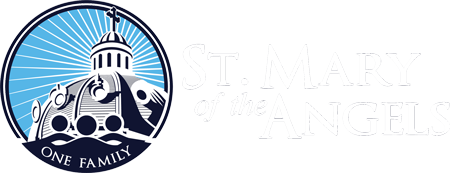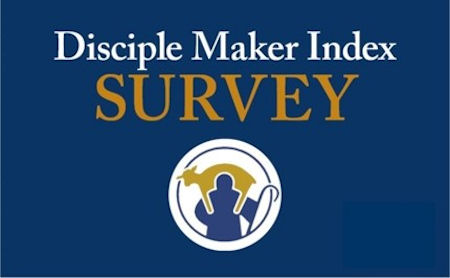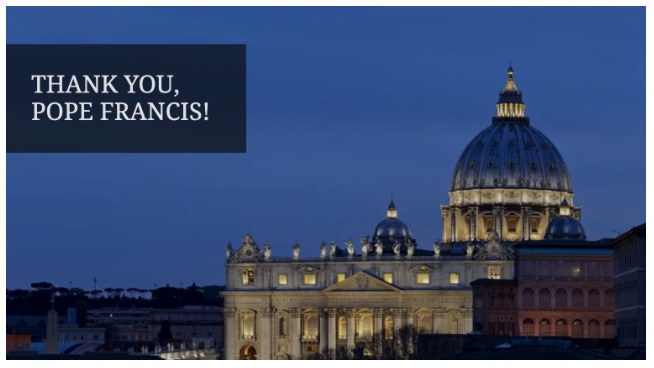|
In these past days, we have been praying to the Holy Spirit to guide the cardinals for the election of the new Pope. We can ask: Why is this so important to the Church and to each one of us? Why has the world been following the papal election so closely?
The answer is quite simple: God gives the Pope special prophetic authority to teach and interpret divine Revelation. We need such authority to know God and what his calling entails, especially regarding morality. Even those who would like the new Pope to somehow change Church teaching—which is impossible if this authority is from God—this desire implies that the Pope has a special authority to teach what God has revealed.
Old Testament AuthorityWe find God’s plan for Church authority already prefigured in the Old Testament, especially in Moses. God shared his own authority with Moses as a kind of proto-Pope and prophet (Exodus 4:10-12), giving him priestly authority to offer sacrifices and atone for sin (Numbers 7, Exodus 32; 34:9, etc.), to appoint other priests, including the chief priest and his successor (Leviticus 8; 21:10-24, Numbers 20:22-28; Deuteronomy 10:6). God also gave Moses authority to sit in judgment over his people:
Moses sat to judge the people… “Because the people come to me to inquire of God; when they have a dispute, they come to me and I decide between a man and his neighbor, and I make them know the statutes of God and his decisions” (Exodus 18:13-20).
This is where we get the term Moses’ seat or chair. In fact, disbelief in Moses meant disbelief in God (Numbers 14:11). Jesus showed how the Scribes and Pharisees legitimately sat on Moses’ seat, such that all the Jews had to obey them (Matthew 23:1-3) and listen to their special prophetic authority (John 11:49-52). However, their authority had to end.
New Testament AuthorityGod would transfer authority from the chief priests and Pharisees to the apostles (Matthew 21:33-45), making the chair of Peter the seat of authority. We must obey Church leaders, such as St. Paul (2 Corinthians 2:9; 2 Thessalonians 3:4, 14); this implies ultimate and infallible authority. As our Lord addressed the apostles: “whatever you bind on earth shall be bound in heaven, and whatever you loose on earth shall be loosed in heaven” (Matthew 18:18).
As the holder of the keys (Revelation 1:18), Christ has supreme, pontifical authority over the Church. Yet, Christ put those keys of authority into Peter’s hands:
God is our Shepherd and Rock (Genesis 49:24, etc.) and Christ is the rock who the builders rejected (Matthew 21:42), from which flows living waters (Romans 10:4). Yet Christ calls Peter rock to indicate the authority he has from God to confirm his brother apostles and bishops in their faith (Luke 22:32). So, Peter has “the prophetic word made more sure… as to a lamp shining in a dark place” (2 Peter 1:19), as Christ promised: “He who hears you hears me, and he who rejects you rejects me, and he who rejects me rejects him who sent me” (Luke 10:16).
Although God the Father is the source of all fatherhood (Ephesians 3:14-15), making us his children (Galatians 4:1-7; Ephesians 5:1, etc.), the Father shares his paternal authority with us and with Peter in a special way. That is why we call Peter’s successors, pope (from the Greek papas, father), indicating his spiritual paternity from God.
Let us pray for Peter’s next successor, that he be our good spiritual father and a firm foundation of rock for our faith.
Fr. John Waiss
Pastor |
Come join us at our annual fish fry!
Come join us at our annual fish fry!
Doors open at 5pm on Friday, March 20th. Dine...



